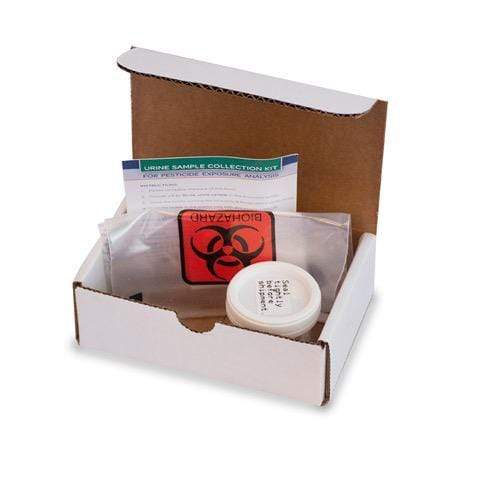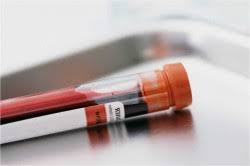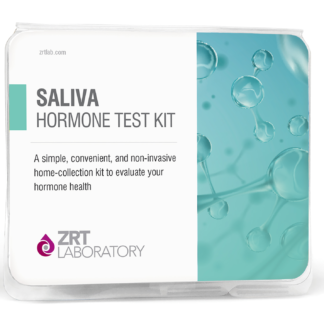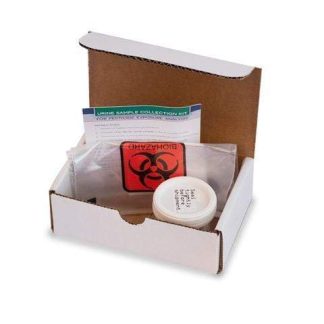Description
Microbiology Test – Home Stool Test
This stool test kit is non-refundable once ordered.
Note: This is a home collection stool test kit that will be mailed to you.
Doing this test will help you determine your microbiome status so that appropriate homeopathic detox remedies can be used.
Gut Flora Culture and Sensitivities
The Microbiology stool profile includes comprehensive bacteriology and yeast cultures to identify beneficial flora, imbalanced flora including Clostridium species, and dysbiotic flora, as well as detection of infectious pathogens. Antimicrobial susceptibility testing to prescriptive and natural agents is also performed for appropriate bacterial and fungal species.
The Microbiology stool profile may be ideal for follow-up to the Comprehensive Stool Analysis when looking for a specific abnormality, to monitor certain microbial balances, or to assess treatment efficacy. We strongly recommend the Comprehensive Stool Analysis as the initial assessment for a more thorough evaluation of gut function.
What Patients Might Benefit from Microbiology Testing?
The Microbiology Test is indicated for all chronic GI problems, for acute bowel pattern changes, and for many systemic diseases.
- Allergies
- Autoimmune Disorders
- Cardiovascular Disease
- Celiac Disease
- Diabetes
- Diarrhea, Constipation, Abdominal Distension
- Food Sensitivities
- Gastrointestinal Symptoms
- IBD
- IBS
- Immune System Imbalances
- Inflammation
- Joint Pain
- Leaky Gut
- Malnutrition
- Mood Disorders
- Neurological Disorders
- Weight Concerns
Why Order a Microbiology Test?
The Microbiology profile examines the presence of microflora, both beneficial and imbalanced, including Clostridium species and dysbiotic flora, and detects infectious pathogens through comprehensive bacteriology and yeast cultures. The testing also includes antimicrobial susceptibility testing to prescriptive and natural agents for appropriate bacterial and fungal species.
Since the early 20th century, research has shown that a good balance of beneficial Lactobacilli, Bifidobacteria, and E. coli bacteria in the gut is important for overall health, with benefits including inhibition of microbial pathogens, prevention and treatment of antibiotic-associated diarrhea, reduction of lactose intolerance symptoms, lower cholesterol levels, immune system enhancement, and inhibition of Candida albicans. The exact mechanisms behind these benefits are not yet fully understood, but research suggests that beneficial bacteria can produce substances that are antagonistic to pathogenic microorganisms, compete with pathogens for adhesion receptors, produce lactase, and produce short chain fatty acids like butyrate, propionate, and acetate.
However, many individuals experience dysbiosis, where an imbalance of microflora leads to an overgrowth of non-beneficial or even pathogenic microorganisms. This can be caused by factors such as exposure to toxins, antibiotic use, chronic consumption of processed foods, and high stress levels. Dysbiosis can lead to chronic symptoms like irritable bowel syndrome, autoimmune diseases, fatigue, chronic headaches, and food allergies.
Yeast infections can cause a variety of symptoms, both intra- and extra-gastrointestinal, and may be overlooked as a pathogenic agent. Candida infection has been linked to episodes of recurrent diarrhea and chronic extra-gastrointestinal conditions like atopic dermatitis and chronic fatigue syndrome. Testing for abnormal levels of specific yeast species in the stool can aid in therapeutic planning for patients with chronic gastrointestinal and extra-gastrointestinal symptoms. Antimicrobial susceptibility testing to prescriptive and natural agents is also performed for appropriate fungal species at no additional cost.





